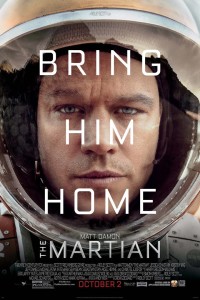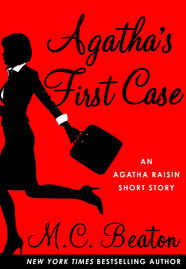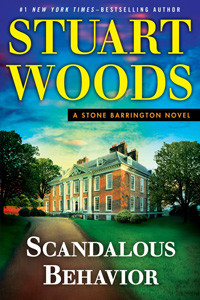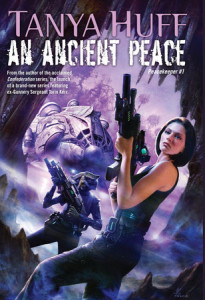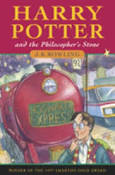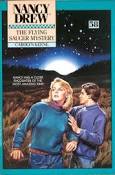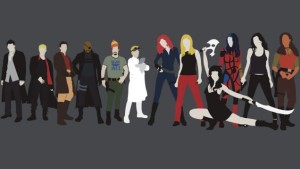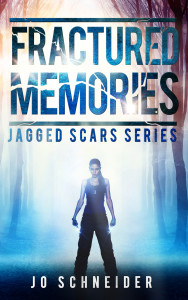A guest post by Marta Sprout.
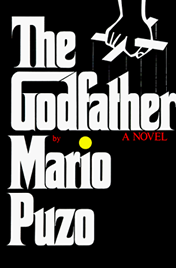 Who could forget the severed horse head in the movie The Godfather? That wasn’t the only memorable punch.
Who could forget the severed horse head in the movie The Godfather? That wasn’t the only memorable punch.
Mike Corleone from Mario Puzo’s The Godfather is one of my all-time favorite characters. The movie, released in 1972, grossed a whopping $134,000,000, over one billion dollars in today’s terms. The book sold over 30 million copies.
This story starts with the depiction of the powerful and mysterious Don Vito Corleone, the Godfather. When asked how he would make the seemingly impossible happen, he said, “I’ll make him an offer he can’t refuse.”
Al Zuckerman from The Writer’s House has a great section in his book Writing the Blockbuster Novel about this character. I had the opportunity talk with Mr. Zuckerman about his book and what makes characters memorable. His insights and Puzo’s book are both excellent tutorials in top-level character development.
The Don’s son, Michael Corleone, does some terrible things and yet we like him. We are drawn to him as he is slowly pulled away from his own honorable world and into his family’s mob dealings.
Michael enters the film when he returns home as a war hero to attend his sister’s wedding. Even his uniform declares the different path he has taken from that of his Sicilian family. He knows bringing home an American girlfriend, Kay Adams, rubs against the family’s tradition of marrying an Italian girl. He disapproves of his brothers, Sonny and Fredo, and his family’s involvement in organized crime. Michael begins as a good man with a family that embarrasses him. Who of us couldn’t relate to being embarrassed by at least one family member? Michael’s situation is extreme and yet he is loyal, which is something we admire.
As the Don flexes his enormous power, he also demonstrates deep love for his family and we begin to understand this family’s extraordinary bond of loyalty. When the Don is shot and gravely wounded, Michael is the good son. He goes to the hospital to visit his critically injured father only to find him unprotected and helpless. At this pivotal point, Michael recognizes the danger and takes action. He uses a very clever and gutsy strategy to ward off an imminent attack thereby saving his father’s life. We can’t help but admire Michael’s nerve and quick thinking. And who could fault a son for protecting his helpless father?
However, Michael pays a price. He is beaten by a corrupt cop. We see a good man in a crime-infested world, but now the assault makes this a direct affront to him personally.
The story becomes even more riveting when the body count rises and Michael’s efforts to protect his father and his family gradually suck him deeper and deeper into the family business. We can’t fault him for striking back at a dirty cop. The Don returns home to recover under Michael’s watchful eye and we understand when Michael seeks to stop the hits on his family.
Michael becomes bigger than life as his impressive skills change how others view him. At first he is seen by his brothers as a kid and an outsider to the family business. Puzo uses the brothers shortcomings to boost Michael’s stature in our eyes. When Sonny is a hot-headed womanizer, Michael is patient, calculating, and faithful. Where Fredo is weak and foolish, Michael is unyielding and insightful. The Don, who is grief stricken about Michael having to take over in his absence, tells him, “I never wanted this life for you.” We feel the father’s pain and ache for Michael, knowing he is the only one who can save his family.
The critical element here is that Michael is above all competent. He gets the job done, decisively.
In time, he steps in to lead the family business, but he won’t discuss the details with his wife, Kay. In the end Michael is transformed from the law-abiding war hero to filling his father’s shoes as the new Don Corleone. Michael becomes godfather to his sister’s baby. Soon after Michael orders a hit on her abusive husband.
In the final scenes visitors pay their respects to Michael as others had done to his now deceased father. We hear him say, “I’ll make him an offer he can’t refuse.”
The story doesn’t stop there.
There is a stunning moment when Michael allows his wife to ask him one question about the business. Kay demands to know if he ordered the killing of his sister’s husband. Without flinching he hugs her and says, “No.” It’s a lie and thereby the story has come full cycle. Michael is now the Godfather.
When a character changes so profoundly it’s engrossing and it was done one reasonable step at a time. Once the Don was shot, each step along Michael’s journey pulled him and us in deeper. His actions were understandable under the extreme circumstances. This is paramount: at each moment Michael is held tightly into his role where he can’t back out.
Eventually, he doesn’t want to.
The three things we learn from this: It’s often easier to make a compelling villain than a protagonist because we feel freer to show the villain’s complex dark side. In trying to build a protagonist a common mistake is to create a character who is so nice and thoughtful that he or she is bland and boring.
Another takeaway is that Michael’s desire to protect his frail father and his family is something that resonates with us. The beating he took and losing his first wife in Italy to a car bomb intended for him gives us empathy for him.
And most important: Michael has special skills. He gets the job done.
When we write characters, we balance two seemingly oppositional things: the character must have qualities that resonate with the reader and he or she must venture into areas the reader would never go and take actions that the reader could not do.
Therein lies the grounds for spellbinding characters.
 MARTA SPROUT is an award-winning author. The Saturday Evening Post published her short story, The Latte Alliance, in their 2014 anthology Best Short Stories from The Great American Fiction Contest. Known for her hands on research with the FBI, CSI, Profilers, and SWAT, Marta is currently working on a major new series. Her hobbies of kiteboarding, scuba diving, and snow skiing are as much of an adrenaline rush as her thrillers.
MARTA SPROUT is an award-winning author. The Saturday Evening Post published her short story, The Latte Alliance, in their 2014 anthology Best Short Stories from The Great American Fiction Contest. Known for her hands on research with the FBI, CSI, Profilers, and SWAT, Marta is currently working on a major new series. Her hobbies of kiteboarding, scuba diving, and snow skiing are as much of an adrenaline rush as her thrillers.


